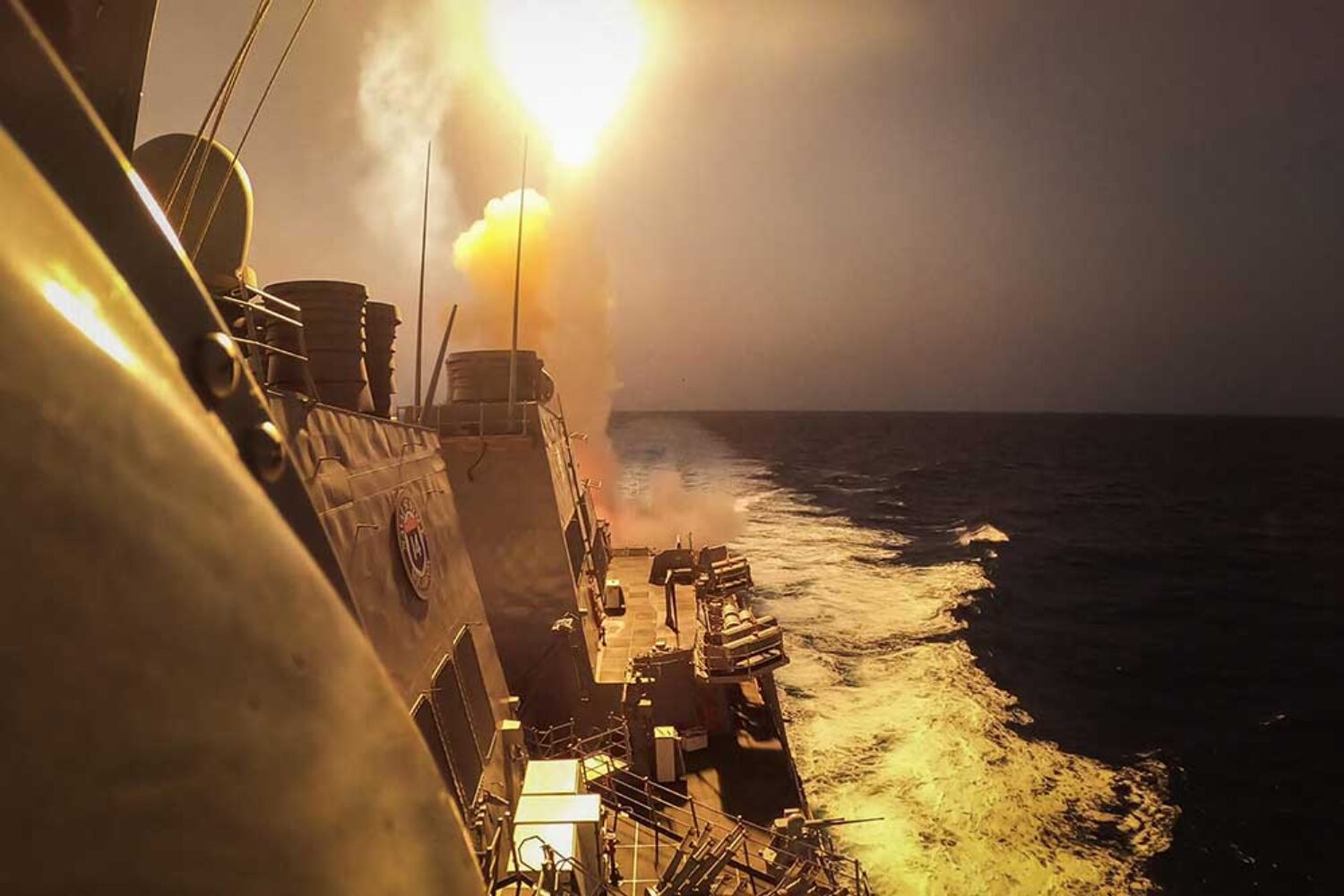Following the temporary cessation of attacks by the Houthi rebels, oil managers are in favor of resuming shipping through the Red Sea towards the Suez Canal.
Nevertheless, companies are keeping a close eye on the security situation and the behavior of their competitors. A Liberian-flagged oil tanker that was attacked in 2023 transited the Red Sea a few days ago, the Suez Canal Authority announced. This followed the announcement by the Houthis that attacks on merchant ships would be limited to ships with links to Israel until a ceasefire in the Gaza Strip is fully implemented. After that, ships with links to Israel will no longer be targeted.
The Houthis have carried out over 100 attacks on ships since November 2023, sinking two, capturing one and killing four sailors. The attacks have significantly disrupted global trade. Many shipping companies therefore switched to the longer route around the Cape of Good Hope, while others preferred to make greater use of the Panama Canal.
Barbara Harrison, Vice President of Crude Oil Supply and Trading at Chevron, said at an oil conference in Houston: “Everyone is watching each other to see who will be the first to make the move to resume”. The Chief Trading Officer of the State Oil Company of Azerbaijan (SOCAR), Taghi Taghi-Zada, said that a return of major energy companies to the Red Sea would give confidence to other market participants.
Simon James, Vice President of Crude Oil Trading and Refinery Optimization at Equinor, emphasized that the industry, and the insurance market in particular, must now take a fresh look at risk. Many companies are waiting to see how the situation develops before returning to the shorter but riskier route through the Red Sea. Despite the first voyages, the situation remains tense. Whether shipping traffic in the Red Sea normalizes quickly depends on further developments in the region and the behaviour of the shipping companies. (rup)













